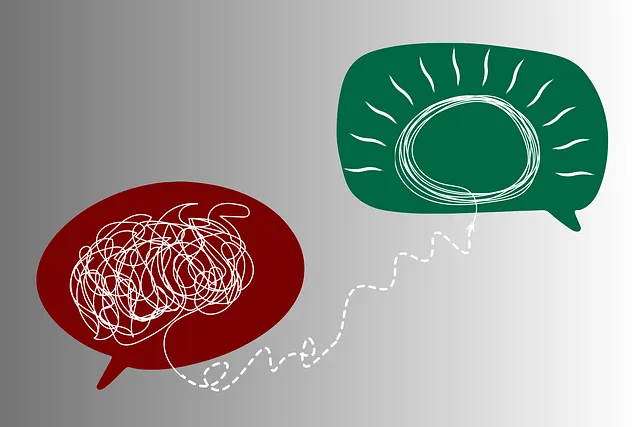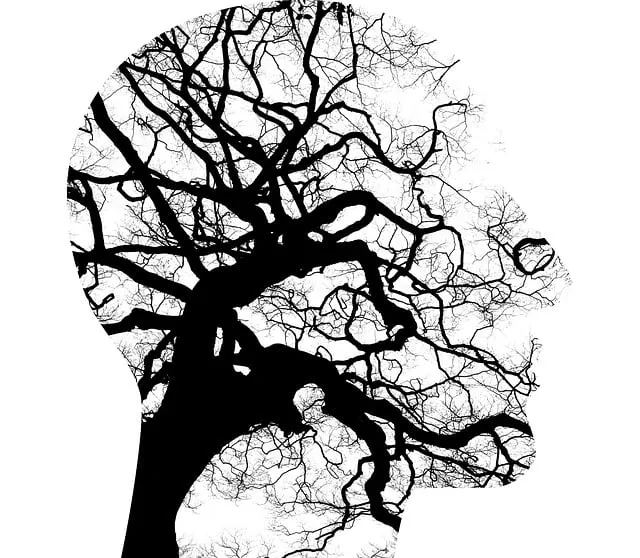Kaiser Permanente's Mental Health Awareness program in Arvada aims to destigmatize mental illness through community outreach, education, and support. By promoting direct interaction, they empower individuals to recognize and assist others, fostering a non-judgmental environment where seeking help is encouraged. The program addresses the harmful stereotypes perpetuated by media portrayals of mental illness, which often oversimplify conditions and reinforce negative views. Through authentic storytelling, mindfulness practices, and involving individuals with lived experiences, Kaiser Permanente Mental Health Arvada leads conversations around mental wellness, breaking down barriers and encouraging community support.
Mental illness representation in media significantly impacts public understanding and awareness. This article explores how Kaiser Permanente’s initiative in Arvada challenges harmful stereotypes and stigma, aiming to foster a more accurate portrayal of mental health issues. We delve into the identified challenges, including stereotypical characters and over-simplification of complex conditions. Furthermore, we propose strategies to enhance media representation and promote community support for better mental health care. By examining these aspects, this piece offers insights into improving public discourse on mental illness.
- Understanding the Impact of Media Portrayal on Mental Health Awareness: A Focus on Kaiser Permanente's Initiative in Arvada
- Identifying Challenges: Stereotypes, Stigma, and the Need for Accurate Representation
- Proposing Solutions: Strategies to Enhance Media Portrayal of Mental Illness and Promote Community Support
Understanding the Impact of Media Portrayal on Mental Health Awareness: A Focus on Kaiser Permanente's Initiative in Arvada

Media representation plays a pivotal role in shaping public understanding of mental health issues. The way mental illness is portrayed in films, television shows, and news media can either promote stigma or foster empathy and support. Recognizing this influence, organizations like Kaiser Permanente have taken initiative to address the challenge. In Arvada, Kaiser Permanente launched a comprehensive program focused on Mental Health Awareness, aiming to destigmatize conversations around emotional well-being promotion techniques.
This community outreach program implementation involved various initiatives aimed at educating residents about mental health resources available locally. By engaging in direct community interaction, Kaiser Permanente’s initiative sought to empower individuals to recognize and support those facing mental health challenges. Through these efforts, the organization strives to create a more inclusive and supportive environment where people feel comfortable seeking help without fear of judgment.
Identifying Challenges: Stereotypes, Stigma, and the Need for Accurate Representation

The media’s portrayal of mental illness often perpetuates harmful stereotypes and contributes to the enduring stigma surrounding mental health issues. This is a significant challenge, especially when organizations like Kaiser Permanente Mental Health Arvada strive for accurate representation and destigmatization. Stereotypical depictions in movies, television shows, and news media can oversimplify complex conditions, leading to misconceptions among the general public. For instance, portraying characters with depression as either extremely sad or completely apathetic fails to capture the nuanced experiences of individuals grappling with this condition.
Similarly, the media’s tendency to focus on extreme cases or sensationalize mental illness distracts from the everyday realities of many. This imbalance in representation not only fails to educate but also reinforces negative views. To counteract these challenges, there is a growing need for authentic storytelling that reflects the diversity of mental health experiences, as encouraged by initiatives promoting mindfulness meditation and stress management workshops. Additionally, incorporating practices like journaling exercises guided by mental wellness organizations can foster understanding and empathy, helping to break down barriers and encourage support for those seeking help.
Proposing Solutions: Strategies to Enhance Media Portrayal of Mental Illness and Promote Community Support

In addressing the challenge of mental illness representation in media, several proactive strategies can significantly enhance public understanding and foster community support. Organizations like Kaiser Permanente mental health Arvada play a pivotal role in this regard by initiating conversations around mental wellness. One effective approach is to involve individuals with lived experiences of mental health conditions as consultants or contributors, ensuring authentic and accurate portrayals in media content. This strategy not only promotes empathy but also empowers those affected.
Additionally, integrating practices such as Resilience Building, Mindfulness Meditation, and trauma support services into media narratives can offer valuable insights into coping mechanisms and recovery journeys. By presenting diverse perspectives and emphasizing the potential for healing, media outlets can contribute to breaking down stigma associated with mental illness. Encouraging open dialogue and providing accessible resources through media platforms can further facilitate community engagement and support networks, ultimately leading to a more inclusive and supportive society.
The representation of mental illness in media plays a pivotal role in shaping public perception and promoting mental health awareness. As evidenced by Kaiser Permanente’s initiative in Arvada, addressing stereotypes and stigma through accurate, nuanced portrayals can significantly impact community support for those facing mental health challenges. By implementing the proposed strategies, media outlets can contribute to a more understanding and inclusive society, ensuring that individuals with mental illness feel seen, heard, and supported. This collective effort is crucial in fostering empathy, reducing stigma, and ultimately improving access to care for all.






